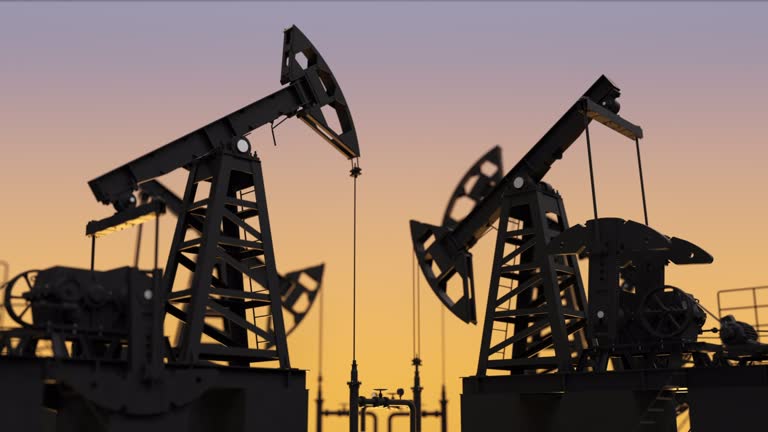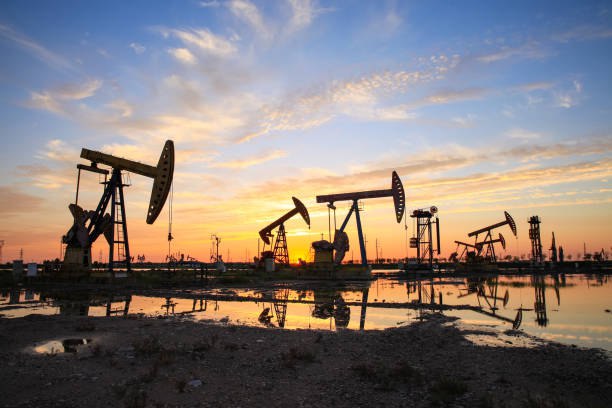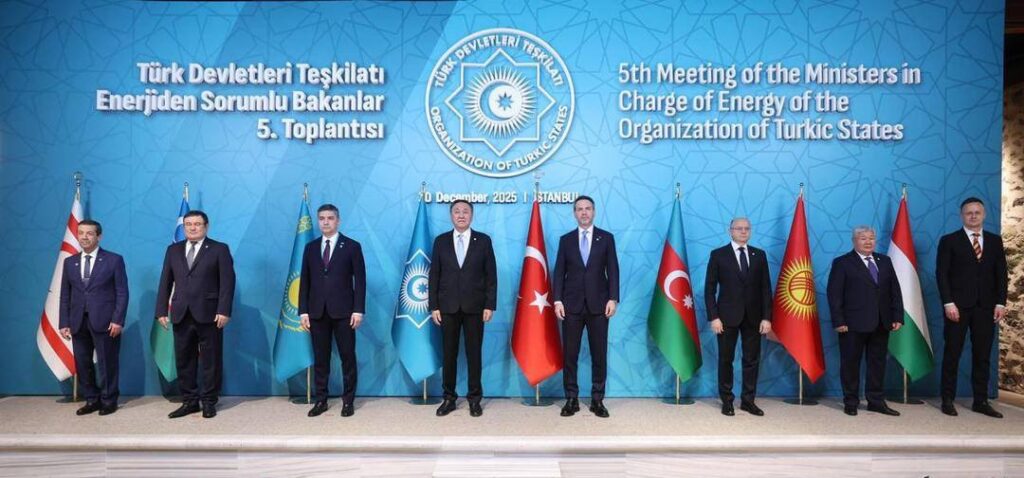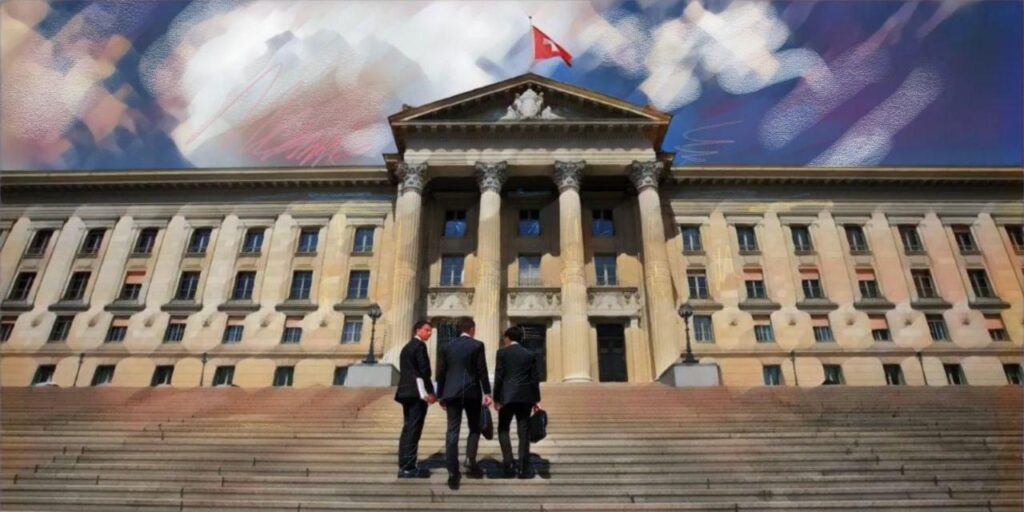Uzbekistan has agreed to purchase more natural gas from Turkmenistan, though the amount of additional gas and the price remain unclear.
Uzbek President Shavkat Mirziyoyev spoke by phone with the chairman of Turkmenistan’s Halk Maslahaty (People’s Council) and leader of the country Gurbanguly Berdimuhamedov on December 5 to discuss the deal. According to Turkmen state news, Berdimuhamedov “agreed to the increase” of Turkmen gas to Uzbekistan, and it would not be surprising if Berdimuhamedov was quietly dancing in celebration on the other end of the line.
Anxious to Sell
Turkmenistan has the fourth largest gas reserves in the world, some 17.5 trillion cubic meters, at least. To put that in perspective, the 27 countries of the European Union, combined, used 350 billion cubic meters of gas in 2022, meaning Turkmenistan has enough gas to meet all the EU’s gas needs, at current levels, for 50 years.
Unfortunately, more than 33 years after becoming independent, Turkmenistan still does not have many customers for its gas.
There is China, which buys the most Turkmen gas, some 35 billion cubic meters (bcm), Uzbekistan, which in recent years has been purchasing 1.5-2 bcm annually from Turkmenistan, and Azerbaijan, which gets 1-1.5 bcm of Turkmen gas via a swap arrangement involving Iran.
Turkmenistan’s only successful recent export deal is with Iraq for 10 bcm, which involves a swap arrangement with Iran that will require maintenance work and repairs on Turkmenistan’s and Iran’s pipelines.
Turkmenistan just lost Russia as a customer after the contract for Russia to purchase up to 5.5 bcm of Turkmen gas expired at the end of June 2024. The expiration of the agreement with Russia meant Turkmenistan lost its second biggest buyer, but that might now turn out to be good news for Uzbekistan.
Anxious to Buy
The jump in the number of people and accompanying expansion of service infrastructure have combined with Uzbekistan’s gross failure to increase domestic gas output to make Uzbekistan a net gas importer.
In late January 2023, Uzbek media reported the country produced some 51.7 bcm of gas in 2022 and said plans called for increasing that to 56.3 bcm in 2023. Instead, gas production fell to 46.7 bcm in 2023, and it is set to decrease further in 2024.
Uzbekistan signed its first contract for Turkmen gas in December 2022. That deal was for 1.5 bcm annually, but in August 2023, the two countries agreed to boost that to 2 bcm.
However, that was not enough to fill Uzbekistan’s growing gas consumption needs.
In June 2023, Uzbekistan signed a two-year agreement to import up to 2.8 bcm of gas from Russia, but by March 2024, reports showed Uzbekistan looking to increase Russian gas imports to 11 bcm starting in 2026.
It looks like some of the 5.5 bcm Turkmenistan was until recently selling to Russia will instead be sent to Uzbekistan, so for Turkmenistan, the gas deal with Uzbekistan only recovers some of the revenue lost with the expiration of the contract with Russia.
Russia did not need the gas it was importing from Turkmenistan and was probably selling that gas to Uzbekistan since 2023 while technical work was done on reversing the flow of pipelines that previously carried Central Asian gas, including Uzbek gas. Now that the reversal of direction is completed or nearly completed, parts of that pipeline network will bring gas from Russia to Uzbekistan.
Turkmen gas should, however, be cheaper than Russian gas for Uzbekistan. Turkmenistan was reportedly selling gas to Russia for $110 per 1,000 cubic meters. Uzbekistan is buying Russian gas for $160 per 1,000 cubic meters.
From Gas to Liquids
The price for the gas was not disclosed in reports, but Uzbekistan is likely to get a reasonable deal, as the other main topic of discussions between Mirziyoyev and Berdimuhamedov was water.
Most of Turkmenistan’s water sources either pass by or run through Uzbekistan before reaching Turkmenistan.
Central Asia is already dealing with the effects of climate change; decreased precipitation, record high temperatures in summer and accompanying drought. Compounding the problem, the Taliban have started construction of a canal that will siphon off a large amount of water from the Amu Darya, one of Central Asia’s great rivers.
Uzbekistan and Turkmenistan have been taking water from the Amu Darya for their canal systems for use in agricultural fields for decades. Now Afghanistan intends to do the same, using its share of Amu Darya water that has never been claimed before due to the protracted conflict there.
Turkmenistan is the downstream country, the end of the line for water from transboundary rivers, and will be more dependent than ever on the good graces of neighbor Uzbekistan to ensure enough water makes it way to Turkmenistan.
The Start of Something Bigger?
The Turkmen-Uzbek gas deal is good for both countries and for Uzbekistan could be the best solution to its increasing problems in meeting the country’s gas needs.
Turkmenistan does not have very many friends or gas customers, and Uzbekistan is both, so the basis for one day boosting Turkmen gas exports to Uzbekistan is already there.









